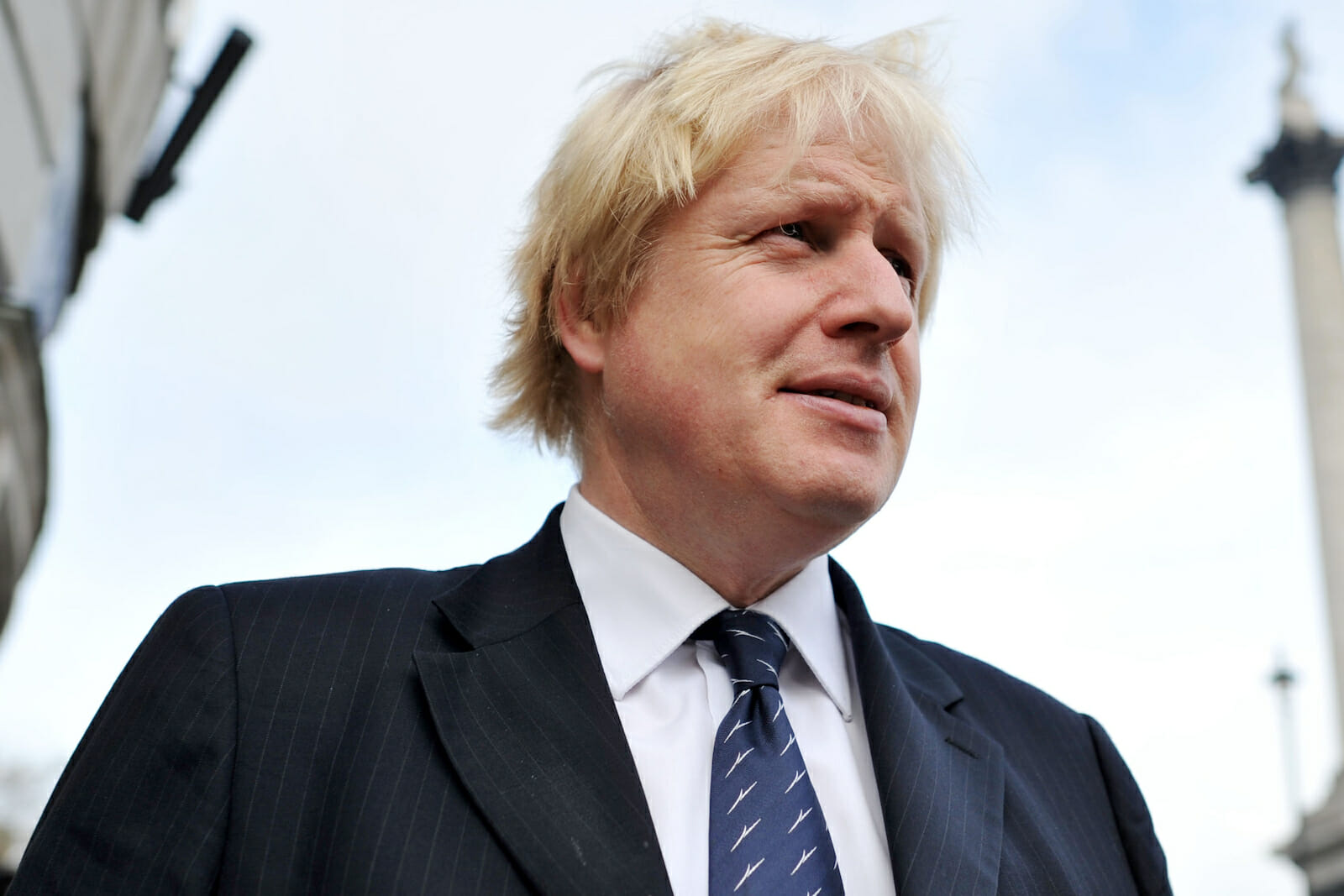Insights
How to talk like Boris Johnson.

Whatever else you might say about them, Boris Johnson’s speeches are certainly entertaining, and a key reason for his electability and continued rise through the echelons of British politics. His speechwriters have been known to Google arcane words that are no longer in common use to pepper into his speeches. I can only imagine the challenges of this role, which hopefully also comes with the tongue-in-cheek fun of drafting remarks that are equal parts bloviating and ultracrepidarian (go ahead, I’ll wait while you look that one up).
His loquaciousness is a key to his success in setting himself apart as a politician, but as he takes on the job of Prime Minister of the UK, it’s quite possible it could also prove to be his downfall.
Why It Matters
So, what can we learn from Johnson’s many public statements and first speech as Prime Minister?
He has a penchant for unique turns of phrase:
- “doubters, the doomsters, the gloomsters”
- “awesome foursome that are incarnated in that red white and blue flag”
- “in the event of a no deal outcome we will have the extra lubrication of the £39 bn”
His unique, verbose manner of speech sticks in your mind, and in politics and public relations, being memorable is half the battle.
His diction and delivery are also important to note. It’s not clear that anyone else could possibly have delivered some of his best-known lines with a straight face:
- “My chances of being PM are about as good as the chances of finding Elvis on Mars, or my being reincarnated as an olive.”
- “My speaking style was criticised by no less an authority than Arnold Schwarzenegger. It was a low moment, my friends, to have my rhetorical skills denounced by a monosyllabic Austrian cyborg.”
- And don’t forget his haiku on Turkish President Erdogan:
“There was a young fellow from Ankara
Who was a terrific wankerer.
Till he sowed his wild oats
With the help of a goat
But he didn’t even stop to thankera.”
Johnson is acutely aware that his unconventional (and, as some might say, provocative) public speaking style is a powerful tool that has won him both allies and enemies across Whitehall and around the world. It’s a testament to his skills as a communicator that Johnson was probably one of the few British political figures that the average American might be able to name, even before he became the PM.
Clyde Insights
Boris Johnson’s rhetorical approach has proved its utility, but it has always carried with it the risk of being a double-edged sword, and now that he has nowhere higher left to climb, it may be his downfall. His political handlers were smart to keep him away from the limelight during the Tory leadership race. Now that he is occupying 10 Downing Street, there will be no avoiding the spotlight.
Given Johnson’s gaffe-prone track record, it seems plausible that he’ll say something that will push the EU to further harden its position on Brexit (especially given that many EU policymakers already feel they’ve been too lenient in the ongoing negotiations).
His aggressive posturing against the European Union to open up negotiations on the Brexit Withdrawal Agreement and requiring the elimination of the backstop measure, an insurance policy for the border on the island of Ireland, has inflamed an already tense and bitterly-debated process. One can only guess what his ultimate goal may be, but his brash public chest-thumping may be pushing the UK inexorably toward a hard Brexit or no-deal scenario as the October 31 deadline draws closer.
The alternative to a Boris Johnson-led Brexit is, of course, a general election. This is not the political position the Conservative Party wants to be in, but they may find they have no choice if they want to avoid the uncertainty of leaping off a cliff without an acceptable deal from the EU in hand. We should all be watching Johnson’s words closely for signals of what could be coming soon.
After all, he has already given indications that he wants to prioritize securing funding for the NHS, a lightning rod issue that could help attract votes in a potential general election. Don’t be surprised to see the media analyze every word he says.
When you are in a position of power, what you say can move markets, create geopolitical divisions, and heal (or fragment) countries. It remains to be seen how Johnson will deploy his unique oratorical gifts, and what impact — intended or unintended — they will have.